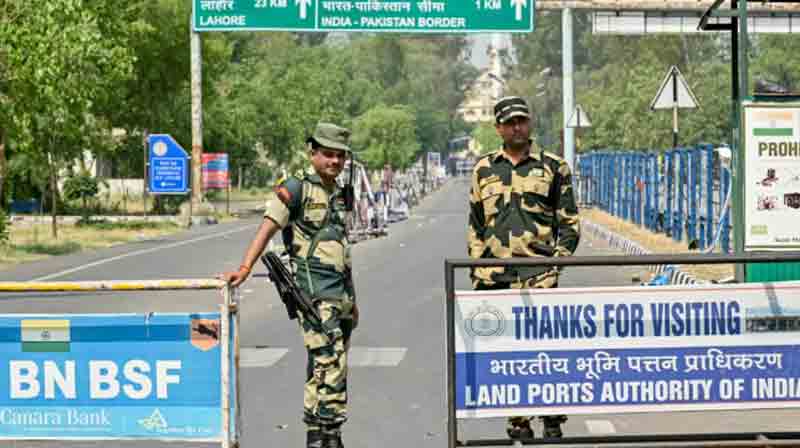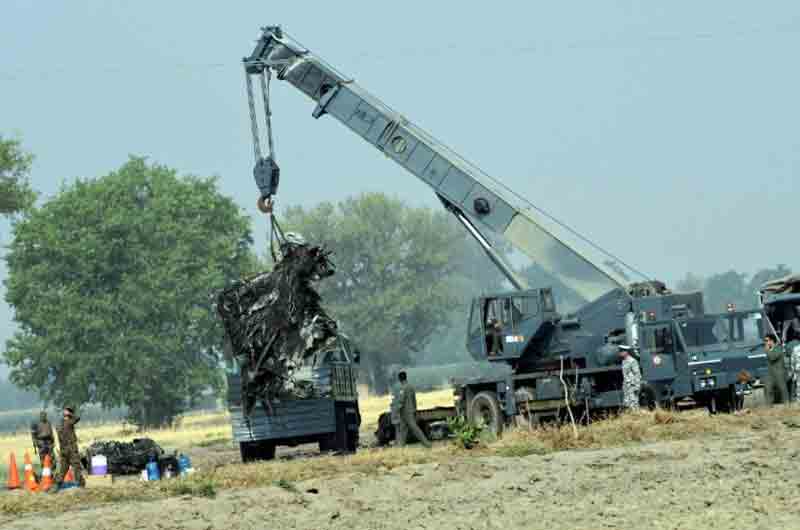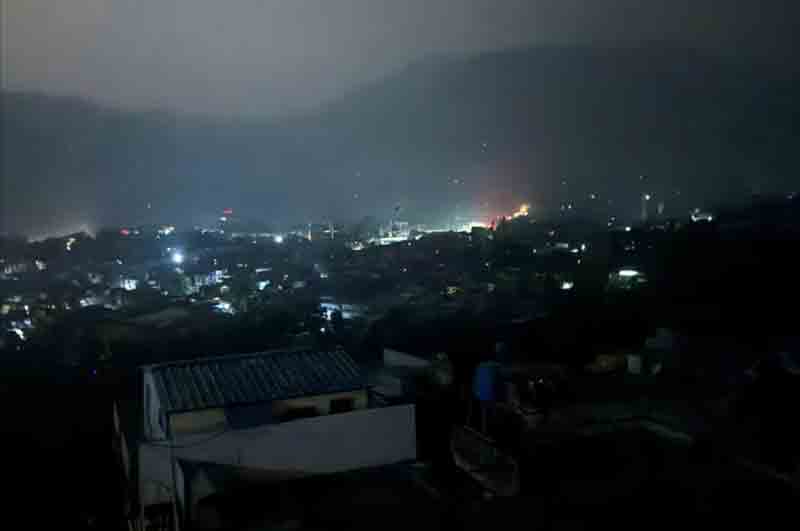Following their most intense fighting in almost thirty years, a truce has brought quiet to the border, and on Monday, the military operations chiefs of India and Pakistan will debate what lies next for the nuclear-armed neighbors.
After some early ceasefire violations, there were no reports of explosions or projectiles overnight. The Indian Army said Sunday was the first quiet night along the border in recent days, though some schools are still shuttered.
#JammuAndKashmir: No incidents were reported, and the night remained largely peaceful in Akhnoor. pic.twitter.com/dFLPWgMrHV
— DD News (@DDNewslive) May 12, 2025
Following four days of fierce firing, diplomacy, and pressure from Washington, U.S. President Donald Trump ordered a truce in the Himalayan region on Saturday.
According to a top Indian army commander, India’s military flagged New Delhi’s intention to respond to any more ceasefire violations by sending a “hotline” communication to Pakistan on Sunday regarding the previous day’s transgressions.
A military spokesperson for Pakistan denied any infractions.
The director generals of military operations from both sides will meet Monday at 1200 hours (0630 GMT), according to a statement released by India’s foreign ministry on Saturday.
Regarding the plans for a call, Pakistan has not spoken.
After India accused Pakistan of an attack that killed 26 tourists, the bitter rivals used drones and missiles to target each other’s military installations, killing dozens more civilians.
Pakistan has demanded an impartial inquiry and refutes the charges.
Islamabad has claimed that the nine “terrorist infrastructure” facilities in Pakistan and Pakistani Kashmir that India claimed to have struck on Wednesday were actually civilian locations.
Trump’s offer to mediate the Kashmir dispute with India has been welcomed by Islamabad, which has thanked Washington for supporting the ceasefire. However, New Delhi has not responded to questions about U.S. involvement in the truce or neutral site negotiations.
India has refused the intervention of any third party and maintains that conflicts with Pakistan must be settled exclusively by the neighbors.
Both Muslim Pakistan and Hindu-majority India claim the entire Himalayan territory of Kashmir, yet they only control a portion of it.
Discover more from Defence Talks | Defense News Hub, Military Updates, Security Insights
Subscribe to get the latest posts sent to your email.





